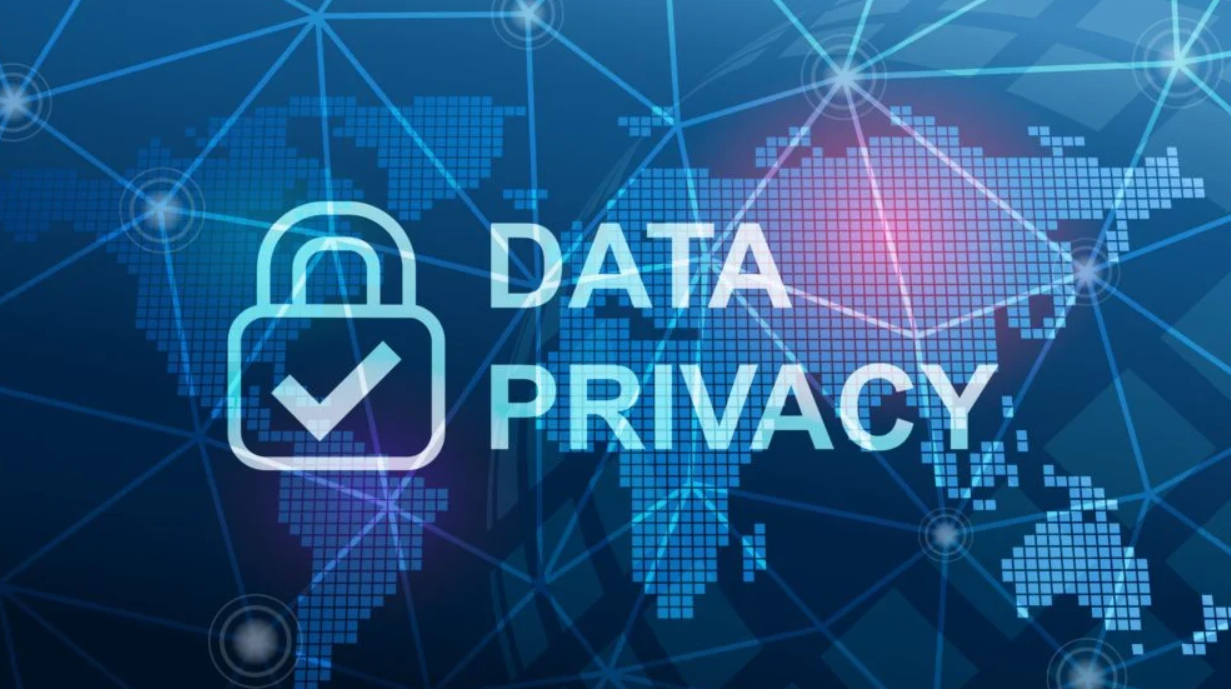

Data privacy generally means the ability of a person to determine for themselves when, how, and to what extent personal information about them is shared with or communicated to others. This personal information can be one's name, location, contact information, or online or real-world behavior. Just as someone may wish to exclude people from a private conversation, many online users want to control or prevent certain types of personal data collection.
As Internet usage has increased over the years, so has the importance of data privacy. Websites, applications, and social media platforms often need to collect and store personal data about users in order to provide services. However, some applications and platforms may exceed users' expectations for data collection and usage, leaving users with less privacy than they realized. Other apps and platforms may not place adequate safeguards around the data they collect, which can result in a data breach that compromises user privacy.
In many jurisdictions, privacy is considered a fundamental human right, and data protection laws exist to guard that right. Data privacy is also important because in order for individuals to be willing to engage online, they have to trust that their personal data will be handled with care. Organizations use data protection practices to demonstrate to their customers and users that they can be trusted with their personal data.
Personal data can be misused in a number of ways if it is not kept private or if people don’t have the ability to control how their information is used:
For individuals, any of these outcomes can be harmful. For a business, these outcomes can irreparably harm their reputation, as well as resulting in fines, sanctions, and other legal consequences.
In addition to the real-world implications of privacy infringements, many people and countries hold that privacy has intrinsic value: that privacy is a human right fundamental to a free society, like the right to free speech.
As technological advances have improved data collection and surveillance capabilities, governments around the world have started passing laws regulating what kind of data can be collected about users, how that data can be used, and how data should be stored and protected. Some of the most important regulatory privacy frameworks to know include:
There are also industry-specific privacy guidelines in some countries: for instance, in the United States, the Health Insurance Portability and Accountability Act (HIPAA) governs how personal healthcare data should be handled.
However, many privacy advocates argue that individuals still do not have sufficient control over what happens to their personal data. Governments around the world may pass additional data privacy laws in the future.
Many of the existing data protection laws are based on foundational privacy principles and practices, such as those laid out in the Fair Information Practices. The Fair Information Practices are a set of guidelines for data collection and usage. These guidelines were first proposed by an advisory committee to the U.S. Department of Health, Education, and Welfare in 1973. They were later adopted by the international Organization for Economic Cooperation and Development (OECD) in its Guidelines on the Protection of Privacy and Transborder Flows of Personal Data.
The Fair Information Practices are:
Online tracking: User behavior is regularly tracked online. Cookies often record a user's activities, and while most countries require websites to alert users of cookie usage, users may not be aware of to what degree cookies are recording their activities.
Losing control of data: With so many online services in common use, individuals may not be aware of how their data is being shared beyond the websites with which they interact online, and they may not have a say over what happens to their data.
Lack of transparency: To use web applications, users often have to provide personal data like their name, email, phone number, or location; meanwhile, the privacy policies associated with those applications may be dense and difficult to understand.
Social media: It is easier than ever to find someone online using social media platforms, and social media posts may reveal more personal information than users realize. In addition, social media platforms often collect more data than users are aware of.
Cyber crime: Many attackers try to steal user data in order to commit fraud, compromise secure systems, or sell it on underground markets to parties who will use the data for malicious purposes. Some attackers use phishing attacks to try to trick users into revealing personal information; others attempt to compromise companies' internal systems that contain personal data.
Communication: Organizations sometimes struggle to communicate clearly to their users what personal data they are collecting and how they use it.
Cyber crime: Attackers target both individual users and organizations that collect and store data about those users. In addition, as more aspects of a business become Internet-connected, the attack surface increases.
Data breaches: A data breach can lead to a massive violation of user privacy if personal details are leaked, and attackers continue to refine the techniques they use to cause these breaches.
Insider threats: Internal employees or contractors might inappropriately access data if it is not adequately protected.
These are just some of the technologies available today that can protect user privacy and keep data more secure. However, technology alone is not sufficient to protect data privacy.